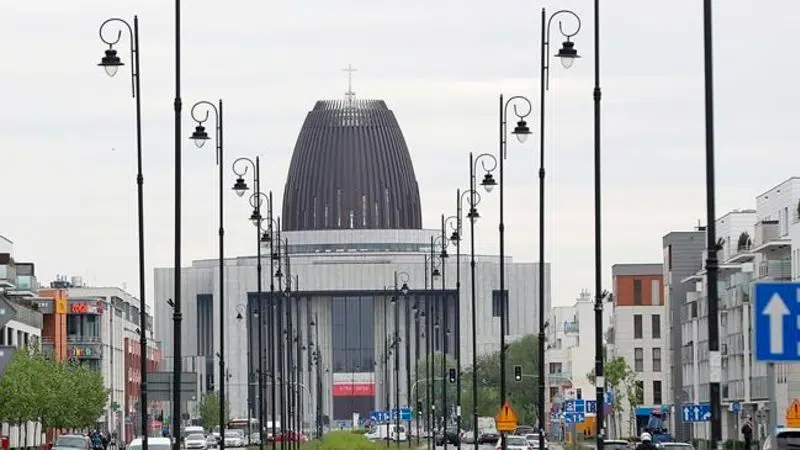
Documentary about pedophile priests shakes up Poland
WARSAW, Poland — A new documentary revealing cases of sexual abuse by priests has deeply shaken Poland, one of Europe’s most Roman Catholic societies, eliciting an apology from the church hierarchy and prompting one cleric to leave priestly life.
“Tell No One,” a film financed through a crowdfunding campaign, was released on YouTube on Saturday. By Monday, the documentary had more than 8 million views.
It triggered soul searching in a country where there is no higher authority than the Catholic Church and its clergy.
